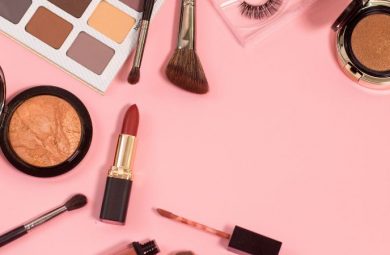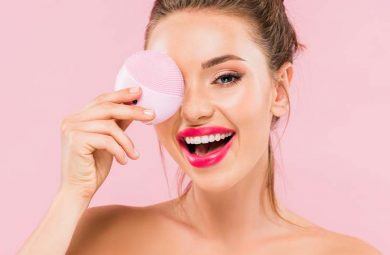A Guide to Enhancing Your Skillset from Home
The beauty industry is a vibrant field that thrives on creativity, artistry and technical skill. With the digital transformation of education, acquiring new talents and honing your abilities has never been more accessible, thanks to online beauty certification courses. These courses offer a diverse range of learning opportunities for both budding and seasoned beauty professionals seeking to elevate their craft, increase their service offerings, or even transition into teaching roles within the industry. In this article, we will explore the different types of online beauty certification courses and the benefits of taking these courses virtually.
Types of Online Beauty Certification Courses
1. Makeup Artistry
Online makeup artistry certification courses cover fundamental to advanced makeup techniques. Students learn about color theory, face shapes, skin tones, contouring, highlighting and special occasion makeup, including bridal and editorial looks. Tutorials often include high-definition videos and interactive assignments to replicate salon experiences.
2. Esthetician
Esthetician courses focus on skincare and include training on facials, skin analysis, chemical peels, microdermabrasion and more. An online certificate can pave the way for a career in spas, salons or private practice, although practical hands-on experience under supervision might still be required for full licensure.
[youmaylike]
3. Cosmetology
Comprehensive cosmetology courses encompass a wide spectrum of beauty services – from hair cutting and coloring to skincare and nail art. While theoretical knowledge can be gained online, some regions may require in-person training to complete the hours needed for state licensure.
4. Hair Styling
Hair styling certifications teach techniques such as cutting, coloring, updos and styling for various occasions. Online courses often feature step-by-step video tutorials, virtual critiques from instructors and knowledge of the latest trends and techniques.
5. Massage
While the practical, hands-on component of massage therapy is crucial, theoretical knowledge can be acquired online. Courses might include anatomy, physiology, techniques and the business of running a massage practice.
6. Nail Technician
Nail technician programs cover manicure and pedicure techniques, nail anatomy, safety protocols, nail art and the use of gel and acrylics. While practical skills are essential, theoretical understanding can be developed through online coursework.
7. Facials
Specialized facial certification courses teach the art of facial treatments, skin analysis and the use of various skincare products and tools. These courses often blend video demonstrations with theoretical knowledge and sometimes require in-person practice for comprehensive learning.
8. Teacher Education
For professionals aspiring to teach beauty courses, there are online certifications focusing on educational strategies, curriculum development and the licensing requirements for beauty school instructors.
9. Beauty Business
These certifications are tailored for individuals seeking to start or manage a beauty-related business. Courses cover topics such as marketing, finance, salon management and entrepreneurship.
10. Master Makeup Certification
A step above regular makeup artistry courses, master certifications are for experienced makeup artists looking to specialize further. These usually include advanced techniques, such as FX makeup, airbrushing and high-fashion editorial looks.
Benefits of Online Beauty Certification Courses
There are many benefits to completing beauty certification courses virtually instead of in person. Here are some of those perks.
Flexibility
Time is precious and online courses allow for a flexible schedule where students can learn at their own pace and convenience. This is particularly beneficial for individuals balancing work, family or other commitments.
Cost-Effectiveness
Online courses generally reduce or eliminate costs associated with commuting, housing and physical materials. They often come at a lower tuition cost as well, making them a financially attractive alternative to traditional in-person programs.
Up-to-Date Content
The beauty industry evolves rapidly and online courses have the advantage of being regularly updated to reflect the latest trends and technologies. This ensures that learners are receiving current and relevant education.
Diverse Learning Resources
Students can access a plethora of resources such as webinars, video tutorials, forums and eBooks, which can cater to various learning styles and enhance the educational experience.
Convenience and Comfort
Learning from the comfort of your own home eliminates the pressure of a classroom setting. It can provide a more personal learning environment that can be customized to suit individual preferences.
Self-Paced Learning
Online learning often allows students to move through courses as quickly or slowly as they need. This self-paced approach accommodates different learning speeds, ensuring that every student can thoroughly grasp course material before proceeding.
Global Networking Opportunities
Students can connect with peers and professionals from all over the world, expanding their network and gaining insights into international beauty trends and business practices.
Unlock Your Beauty Potential
Online beauty certification courses are a testament to how the digital age has opened up new avenues for professional development. However, it’s important to recognize that although online courses offer great theoretical knowledge and convenience, some aspects of beauty training may still require practical, hands-on experience. Students must ensure that their chosen online courses will meet any licensure or certification requirements that may exist in their region or for their desired career path.







